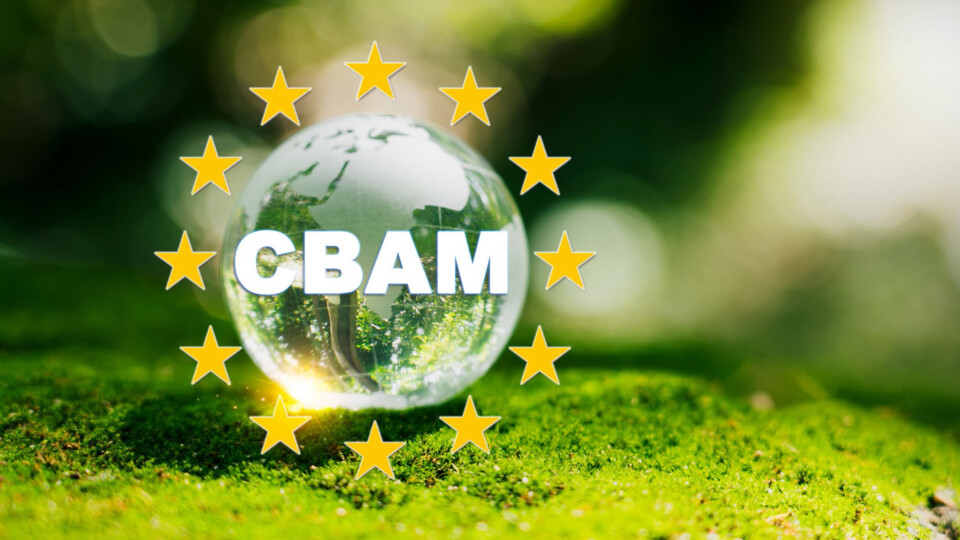The EU Carbon Border Adjustment Mechanism
CBAM has been created by the EU and is the worlds first carbon border tax. To be precise the Carbon Border Adjustment Mechanism (CBAM) operates by imposing a charge on the embedded carbon content, of CBAM designated imports, that is equivalent to the charge required for the same materials resulting from industries subject to the EU Emissions Trading Scheme (ETS).
What does that mean for UK companies?
If you export CBAM goods to the EU or components ultimately destined for the EU your ultimate client may have an obligation to report the direct and indirect emissions that occurred in the production process. They will require verified documentation of the tCO2e emissions of the eligible goods as well as details of any carbon taxes paid in the country of production.
We are currently in a transitional period which runs from October 2023 to December 2025, CBAM is a reporting function only, during this period, although the EU can still impose fines for not reporting the quantity of emissions embedded within each product. From January 2026 EU companies will have to match their CBAM reporting with purchased CBAM Certificates.
Why is the EU doing this?
Driven by the belief that Carbon is a Global problem and with enhanced climate ambitions coming into play across the EU. The EU has introduced the CBAM to address both the risk of companies moving carbon intensive production to countries with lesser climate policies and the importation of carbon intensive goods. This is a further step towards the bloc’s 2030 goal of cutting emissions by 55% from 1990 levels. It is also hoped that CBAM will help exert global influence on combatting climate change, incentivizing international companies and countries to take climate action.
Currently CBAM goods are those carbon intensive products imported into the EU that contain aluminium, steel and iron, cement, fertilizers, hydrogen and electricity. (For example steel screws, clips and fasteners are CBAM products) Exporters whose goods or ‘upstream goods’ form components in products ultimately exported to the EU may be impacted.
As CBAM becomes more established it is intended that more products will fall into its scope, The EU intends to expand its application to all sectors subject to EU emissions trading by 2030. The UK government has stated that it will shortly introduce its own version of CBAM.
How can Auditel help?
To manage the increasing demands and risks of the expanding compliance landscape our expert consultants can provide guidance on the CBAM process and steps required to measure a products embedded carbon, then verify and report that data in an efficient and timely manner. It also goes beyond this.
‘CBAM creates both an opportunity and enhanced risk for UK companies. Across the EU Carbon will continue to become an increasing factor in supply chain management and tendering. The provision of reliable good quality, verifiable data by suppliers will help build and maintain relationships. Those companies with clear carbon reduction plans will increasingly gain competitive advantage.’ – James Crossley-Smith – Auditel Carbon Consultant
The transitional phase runs until December 2025. From January 2026 CBAM will directly impact companies balance sheets as EU importers are obliged to purchase sufficient emission allowances for imported embedded emissions. They will be required to submit a retrospective annual CBAM declaration including a comparison of the imported CO2 emissions; with the emissions allowances acquired during the year. If too few certificates have been acquired financial sanctions may be imposed.
As EU based companies start monitoring the emissions performance of their supply chain, they will also seek to verify and document in which country the actual emissions relating to the development of their goods were generated. Thus companies that consume CBAM products will potentially incur additional costs. Corporates will need to understand the geographical composition of their supply chain, where required, making explicit cost versus carbon trade-offs to ensure the resilience of their pricing model.
For more information, please contact:
James Crossley-Smith M: 01282 503444
E: james.crossley-smith@auditel.co.uk

